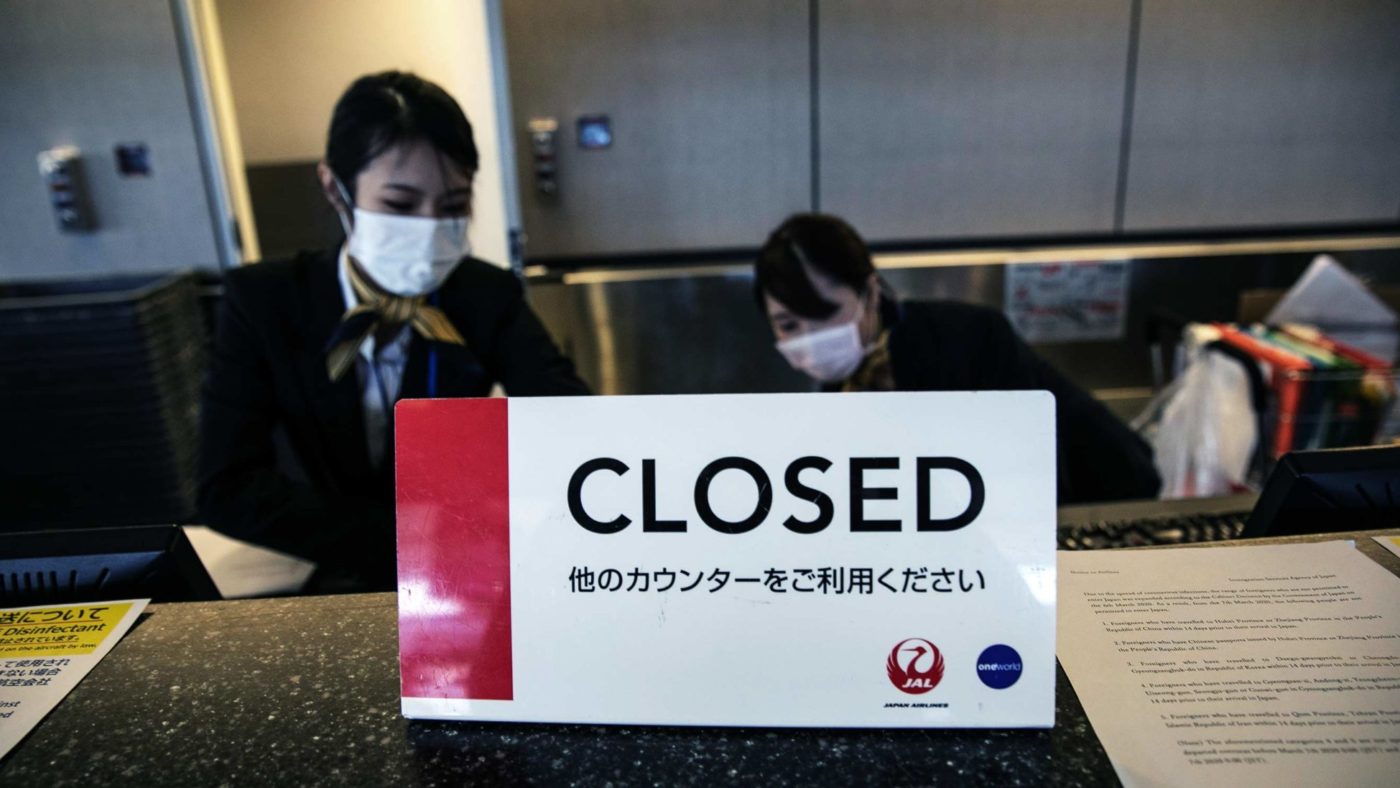One of the many economic side-effects of this pandemic is going to be that more than one airline will go out of business. FlyBe has already gone bust, and now we have the chairman of Virgin Atlantic appealing for a government bailout.
Airlines are businesses with high fixed costs. The price of the fuel, the crew, is more a rounding error than anything else when compared to the price of buying or leasing a plane for a cool £100m and upwards. So, high fixed costs, wildly variable income as people fly or do not and yes, come a hiccup there will be business casualties.
Nevertheless, despite the fantasies of some Green types, the current crisis is unlikely to substantially change our flying habits. Once we are through the worst of this crisis – and who knows how long that will be – people will still like popping off to somewhere else, either for a bit of R&R or on business.
Whatever happens in the next few weeks, in the long term we can expect the world to keep getting richer, meaning travel is going to continue to grow. It is, in the jargon of economists, a superior or luxury good. As incomes rise, more of the rising income is spent on the item. Wibbles about the 2% of CO2 emissions that aviation accounts for is pretty unlikely to change that.
Nor will the current providers going bust change things either. These are, at the heart of it, merely organisations. The actual assets aren’t going to be destroyed, and there will still be the same number of pilots to operate the things. Similarly, there will be about the same number of planes – barring Boeing having problems again with a new model. Airports already exist and they’re not going to evaporate as with tinned goods off the shelves. Essentially, all of the kit, equipment and infrastructure will still exist, even if the industry has gone through a period of profound turmoil.
That will certainly be difficult for staff who lose their jobs, and the owners whose companies have gone up in smoke. Still, with spare planes, crews and runways plus that still existing desire to go see the world, new companies are sure to spring up to fill the gaps left by the companies that have gone under. Say’s Law, that supply creates demand, isn’t really wholly true. But the inverse, that demand calls forth supply of something technically possible, is. Especially when the landscape is littered with the supplies necessary to make it possible.
However many airlines go bust in this difficult time it’s simply not going to change, in any medium or long term sense, the general ability to fly off somewhere. Simply because it’s observably true that people like doing it, it’s known how to do it, therefore it will be done by those eager to profit.
The worse it becomes for extant – and soon not to be extant – airlines the easier it will be in the near future for a new one to be set up by any would-be entrepreneur with a bit of get up and go. After all, whatever the fallout of this dreadful period, Covid-19 is surely not going to kill off the greed of capitalists?
Click here to subscribe to our daily briefing – the best pieces from CapX and across the web.
CapX depends on the generosity of its readers. If you value what we do, please consider making a donation.


